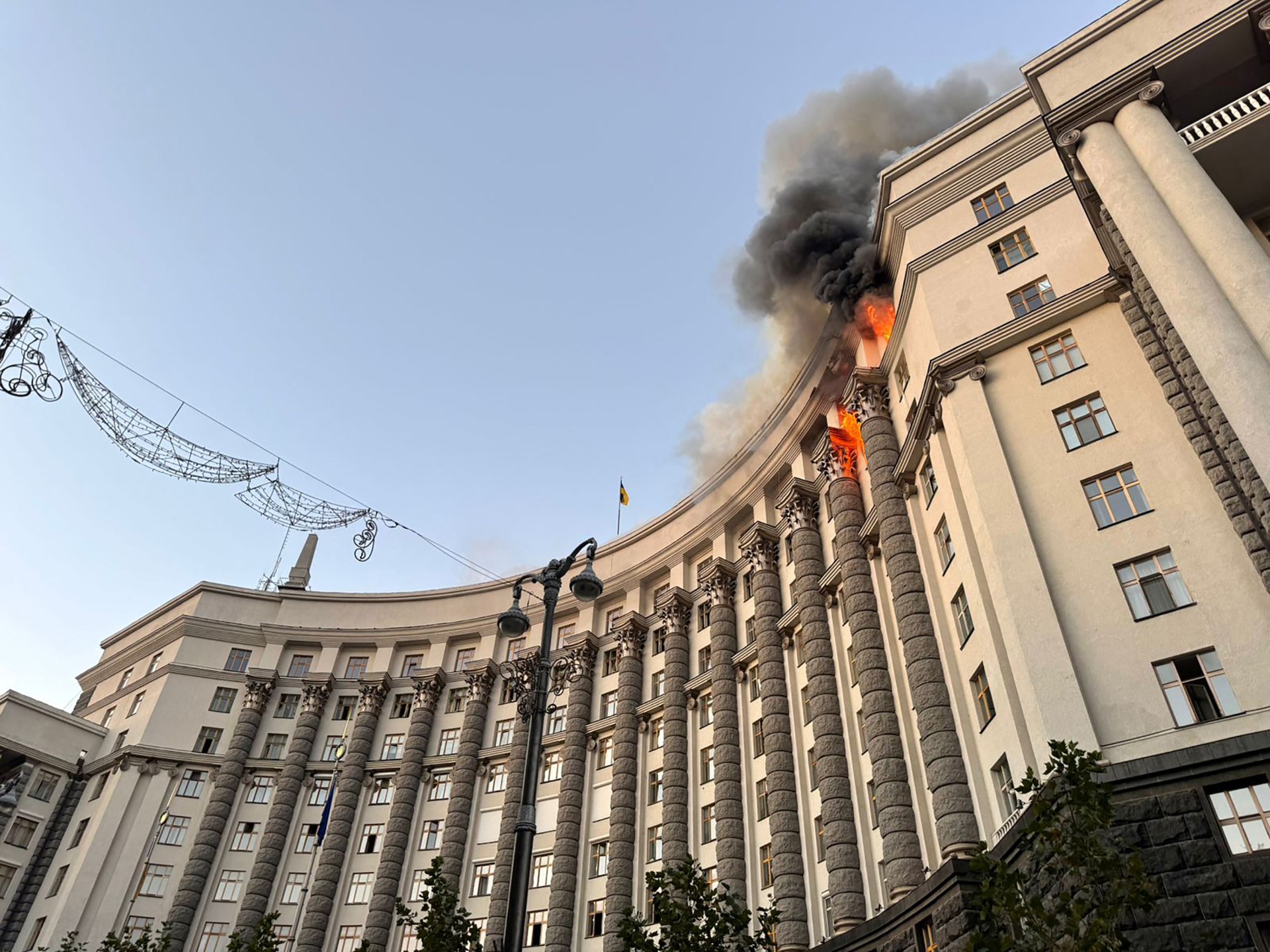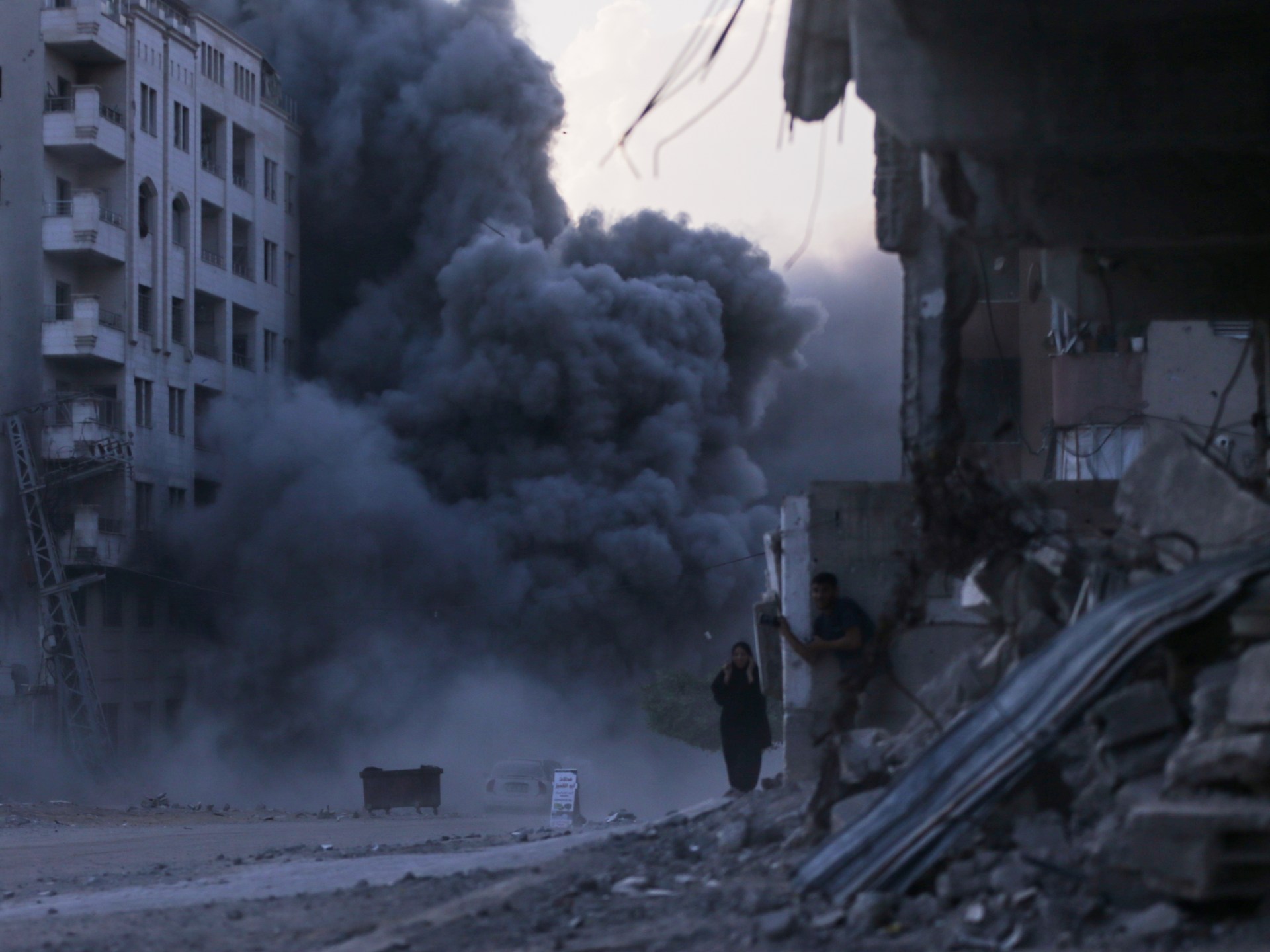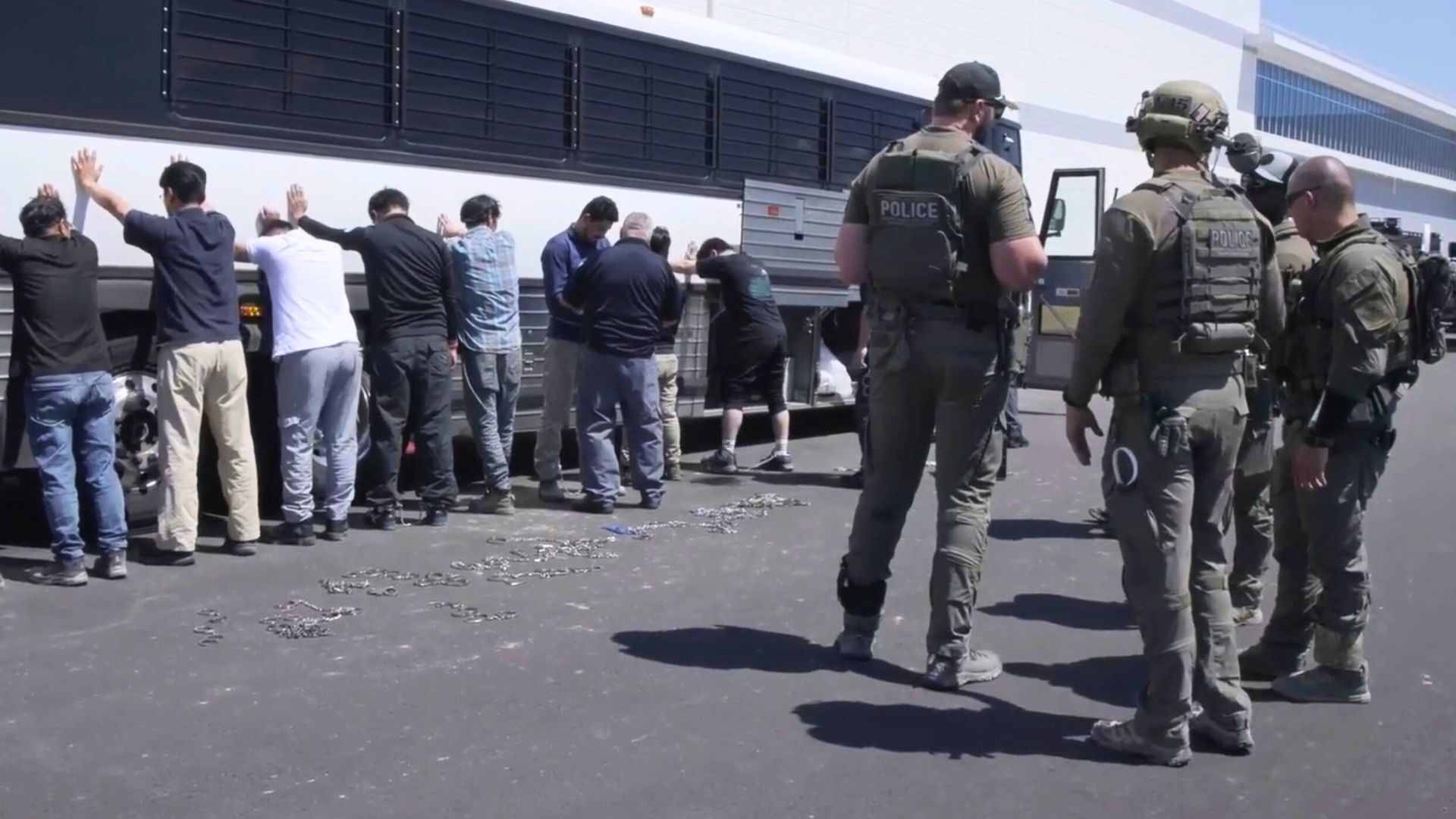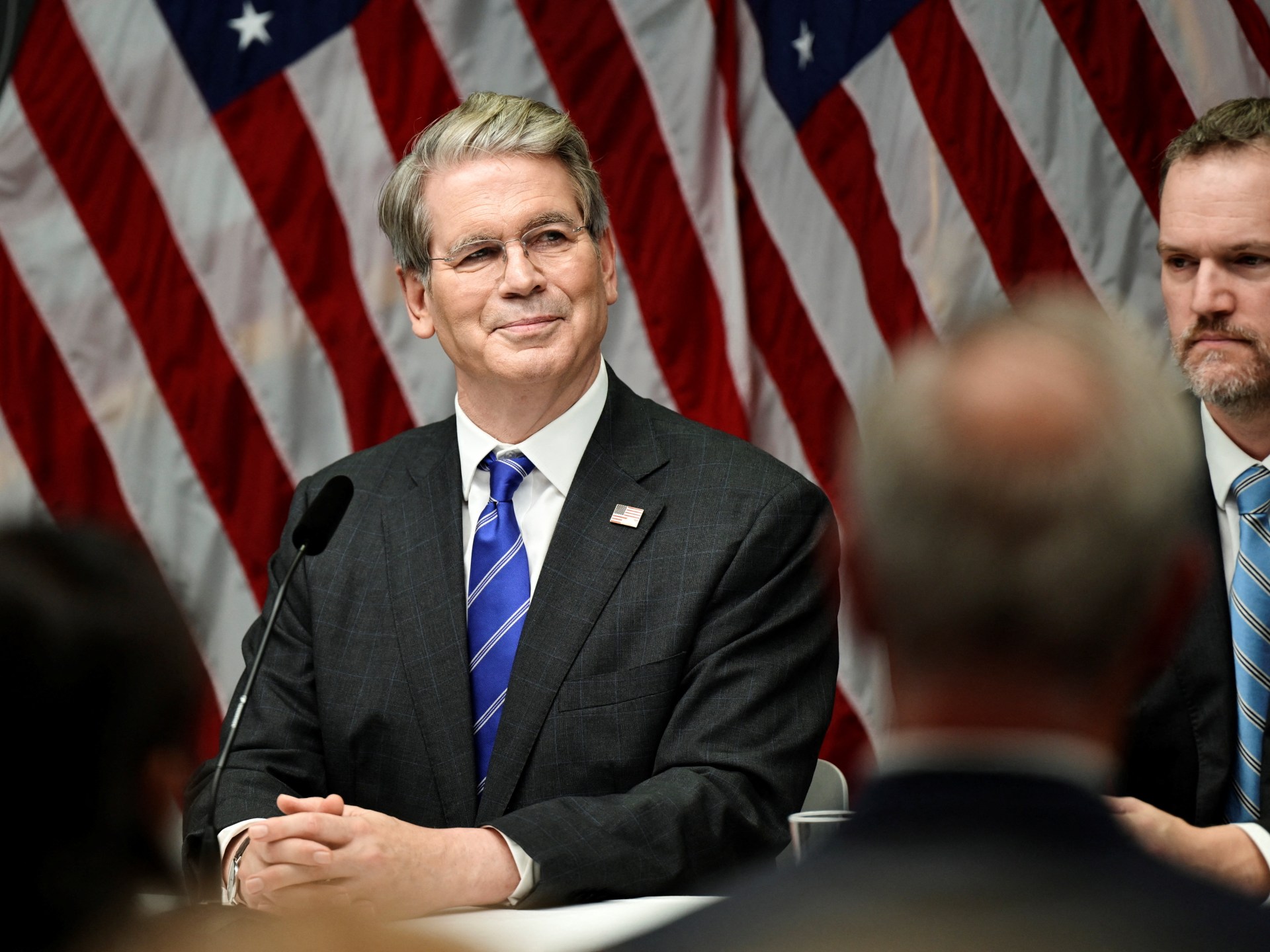On Monday, September 8, 2018, this is how things are going.
Fighting
- At least four people were killed, including a one-year-old baby, and 44 others were hurt in Russia’s biggest airstrike against Ukraine on Sunday, according to Ukrainian President Volodymyr Zelenskyy.
- The main government building in central Kyiv also caught fire as a result of the attack. The building had been struck for the first time since the start of the war.
- In a new appeal to allies to strengthen Ukraine’s air defenses, Zelenskyy wrote in a post on social media that “these killings are a deliberate crime and a prolongation of the war.”
- According to the Ukrainian Air Force, Russia launched 810 drones and 13 missiles during the attack, which reportedly damaged the entire nation, including the cities of Zaporizhzhia, Kryvyi Rih, Odesa, Sumy and Chernihiv, as well as the Sumy and Chernihiv regions.
- According to Ukrainian officials, a 54-year-old man was killed in the Dnipropetrovsk region, a 66-year-old woman in Kharkiv, a 51-year-old woman in Sumy, and a 54-year-old man in the Zaporizhia region, two more were killed in Donetsk.
- Six civilians were hurt in a Ukrainian attack in Donetsk, according to the TASS news agency. Denis Pushilin, the head of the Donetsk-based authorities, was cited by the Russian state media.
- The commander of Ukraine’s drone forces, Robert Brovdi, said on Telegram on Sunday that Ukrainian forces also attacked the Bryansk oil pipeline in Russia, inflicting “comprehensive fire damage.”
- In a 24-hour period, the Russian Ministry of Defense reported that its forces had defused 210 Ukrainian drones and three aerial bombs.
- Additionally, TASS reported that the Russian military is occupying the Dnipropetrovsk region of Ukraine’s Khoroshe  settlement.
Sanctions and the state of the economy
- By imposing more sanctions on Moscow and “secondary tariffs” on the nations that buy Russian oil, according to US Treasury Secretary Scott Bessent, the US and Europe could encourage Russian President Vladimir Putin to strike up peace talks with Ukraine. On NBC’s Meet the Press, Bessent predicted that the Russian economy would be in full decline and that would bring President Putin to the table.
- Donald Trump, the president of the US, said he is ready to begin a second phase of Russia’s sanctions. He didn’t go into more detail.
- Ship tracking data revealed on Sunday that a tanker carrying liquefied natural gas from Russia’s approved Arctic LNG 2 project left from a Chinese port. According to LSEG data, the Russian-flagged tanker, which had a cargo of 150, 000 cubic meters (approximately 40 million gallons of LNG), was the second vessel from the approved project to dock in China this year.





